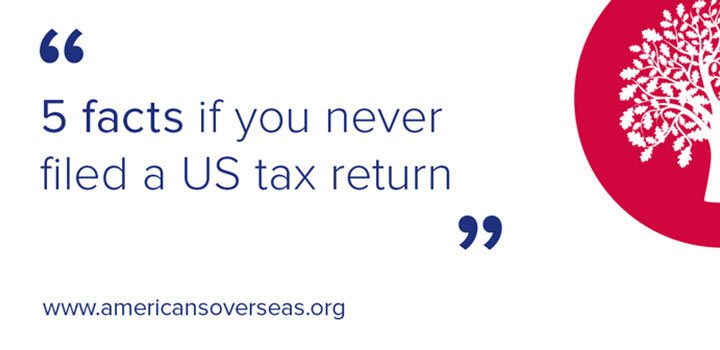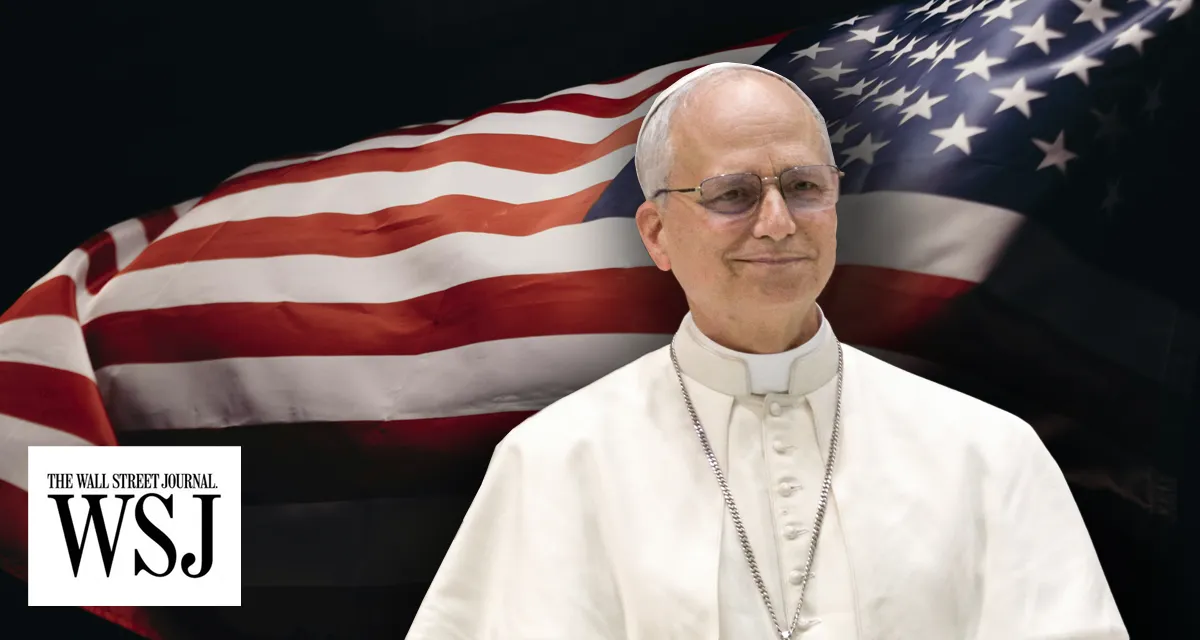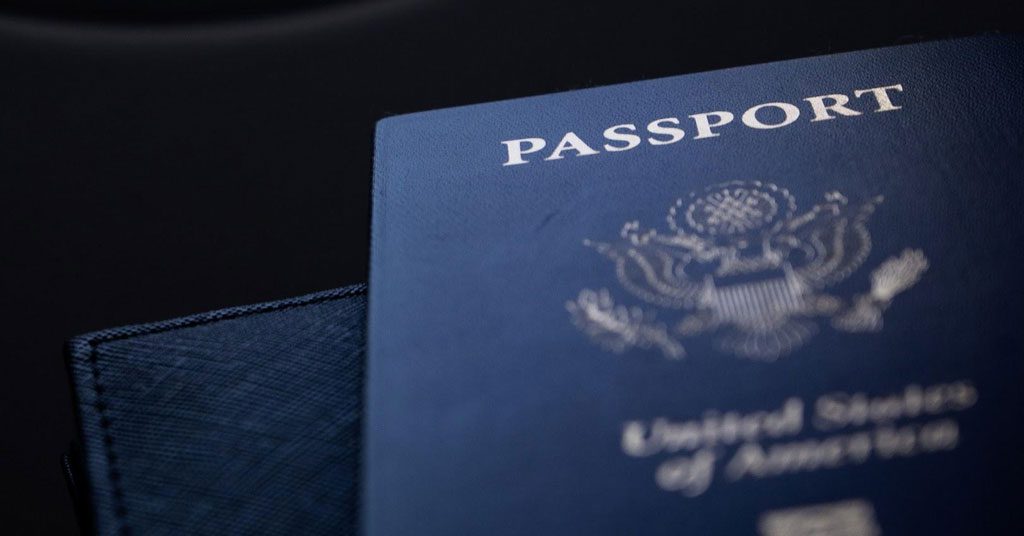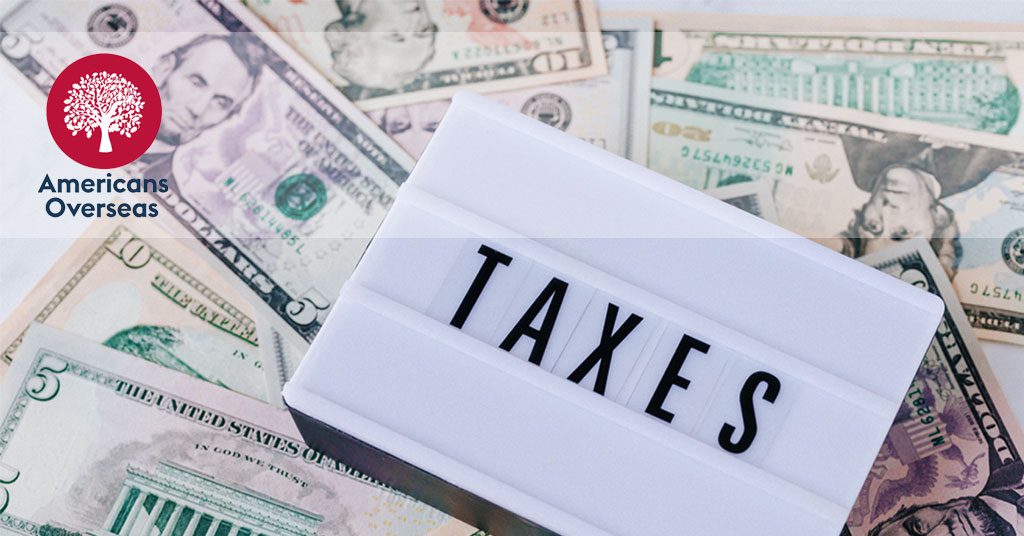
Wall Street Journal: Even as Pope, Leo XIV Might Need to File U.S. Tax Returns

According to the Wall Street Journal, Pope Leo XIV – formerly Robert Francis Prevost from Chicago- may still have to deal with one very earthly responsibility: U.S. tax returns. Despite ascending to the papacy, his American citizenship could keep him tethered to the Internal Revenue Service.
From Papal duties to IRS deadlines
The United States is one of only a handful of countries that taxes its citizens on their worldwide income, regardless of residency. This means that unless Pope Leo XIV formally renounces his U.S. citizenship, he remains subject to U.S. tax laws – just like millions of other Americans living abroad .
With a reported monthly stipend of around $33,000 from the Vatican, the pope’s potential U.S. tax liability could reach six figures annually, depending on how his benefits are valued and whether any exemptions apply . Although clergy often qualify for special housing deductions, the IRS still expects religious leaders to file—vow of poverty or not.
Housing, allowances, and holy paperwork
While the Vatican provides for Leo’s housing, meals, and travel, the IRS may view some of these benefits as taxable. Housing in the Apostolic Palace or Santa Marta guesthouse might be exempt under “parsonage” rules, but transportation and food perks could be harder to shield .
Things get more complex when it comes to the pope’s authority over Vatican financial accounts. Under the Foreign Account Tax Compliance Act (FATCA), any U.S. citizen with signature authority over foreign financial assets exceeding $10,000 must report them to the Treasury Department. Pope Leo could theoretically be responsible for reporting accounts tied to the Vatican Bank, which manages over $6 billion in assets .
Global symbol of a widespread burden
Leo’s case may be exceptional, but the rules he faces are familiar to many. Every year, U.S. citizens abroad—including teachers, retirees, business owners, and dual nationals—must navigate the same labyrinth of tax forms, foreign account disclosures, and potential penalties.
Experts suggest that unless U.S. tax authorities issue a specific exemption or new legislation is passed, Pope Leo XIV may be expected to comply with the same reporting duties as any other overseas American .
Even the Pope might need a CPA
For accidental Americans, dual nationals, and longtime expats, the story of Pope Leo XIV is a reminder of how far the long arm of the IRS can reach. At Americans Overseas, we help ordinary people—clergy or not—untangle their obligations and find clarity amid complexity.
If the leader of 1.4 billion Catholics needs help with his U.S. taxes, you’re not alone.
assignment
Am I a US Person for tax purposes?
Find out in 2 minutes whether the IRS considers you a “US Person” and whether you may be required to file a US tax return — even if you live outside the United States.
Get informed at Americans Overseas
We, the founders of Americans Overseas, were born in the Netherlands and obtained our American nationality through our (American) mother.
When we heard about the US tax system for the first time around 2013, we were in total disbelief (it can’t be true!), anger (how can they do this?), fear (am I going to get fined or pick up other problems?), and panic (what should I do?). It is (unfortunately) true that there is an additional American tax levy. But there’s no information from the local government, and when approached, the consulate referred us to the IRS, and the IRS was impenetrable.
That’s why we started this initiative to help people from all over the world by providing proper information about the US tax system to avoid unnecessary panic and offering help free of obligation and free of charge. If needed, we have a network of affordable professionals (accountants) who can help you with your American tax obligations.
Contact us for more information
Sources:
- Wall Street Journal: The Pope Took a Vow of Poverty. He May Still Need to File U.S. Taxes
- Fortune: Pope Leo XIV may face a six-figure tax bill for his $33,000-a-month paycheck
- Washington Post: Even as pope, Leo XIV might have to deal with U.S. tax returns
- Independent:He’s the first American Pope in history, but Leo XIV might not be able to escape the IRS






